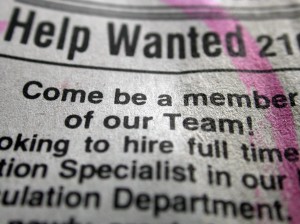By Doc Rogers
Background: The detail leader is responsible for having advance work (reconnaissance) carried out. He assigns an advance man to gather all pertinent information of the threats and obtain information of the environment in which the client will visit. For the new advance man this may seem like a daunting task. Advance work in general, is technical and highly specialized service. The following recommendations will assist you in accomplishing your first advance work duties with few difficulties, however timely planning is necessary.
Objectives: Your objective as the advance man is to gain foreknowledge, acquired by going to each location in advance to evaluate, analyze and obtain all available information related to the client’s visit to reduce vulnerabilities and improve logistics so the executive protection team members can successfully accomplish their mission. You are to reduce to a minimum all uncertainties and setup security measures regarding the client’s visit at each location he or she will physically visit. The security measures you setup as the advance man are both active and passive, designed to insure the safeguarding of the client and to prevent needless delays, confusion, etc.
Action: While on advance work duties you do not have time to dillydally. Advance work involves rapid assessment and analysis of current information and prompt delivery of the the advance work you have produced to the detail leader. The advance man must obtain many sources of mission appropriate information in five categories:
Arrivals: Evaluate for security and comfort of movement for the client at entry airports, hotels, venues and safe havens.
Departures: Evaluate for security and ease of movement for the client at exit airports, hotels, venues and safe havens.
Venues: Evaluate for safety and security, movement for rapid evacuation if necessary and client comfort.
Routes: Evaluate for quickest safest and most favorable client vehicular movements; to include secondary routes, travel estimates in time and miles. Learn the status of all routes and avoid those frequently used by criminals. You should include a route map as a source of information for the detail leader for pinpointing all vital locations.
Safe Havens: Evaluate and setup rally points in case of incident or medical emergency. The safe havens must have favorable safety conditions, excellent communication systems, available 24/7 and with positively identified friendly personnel preferably armed and provide good fortification. Embassies, hospitals, police stations, military facilities and other suitable areas must be carefully evaluated.







